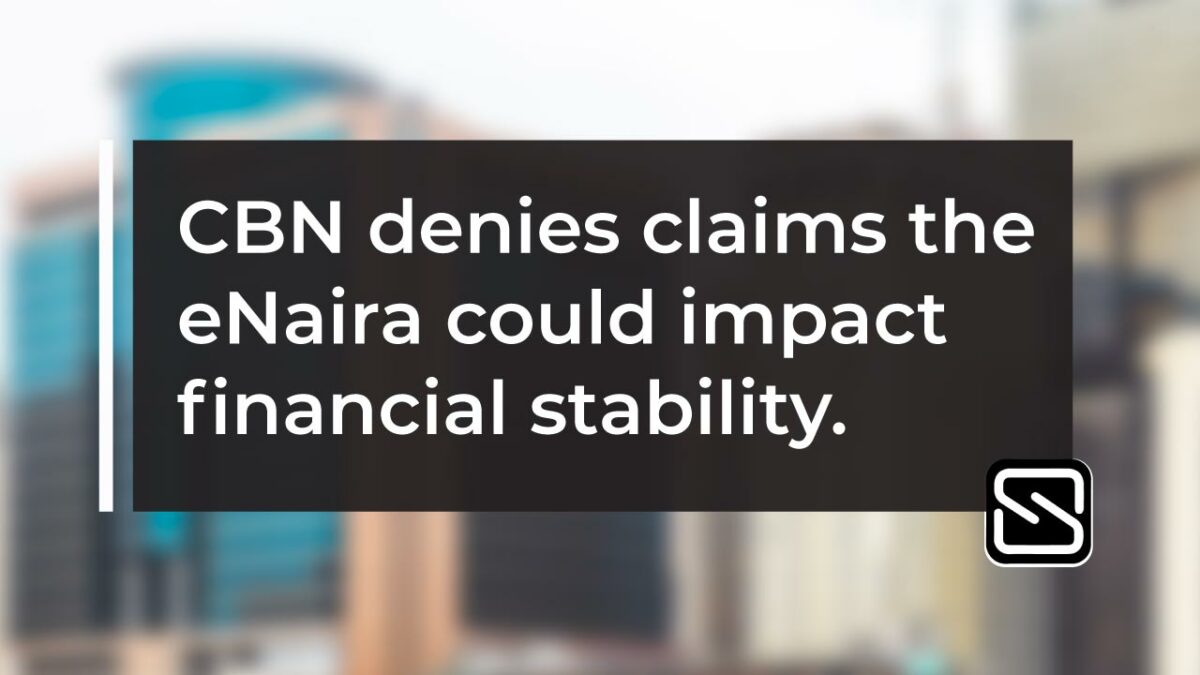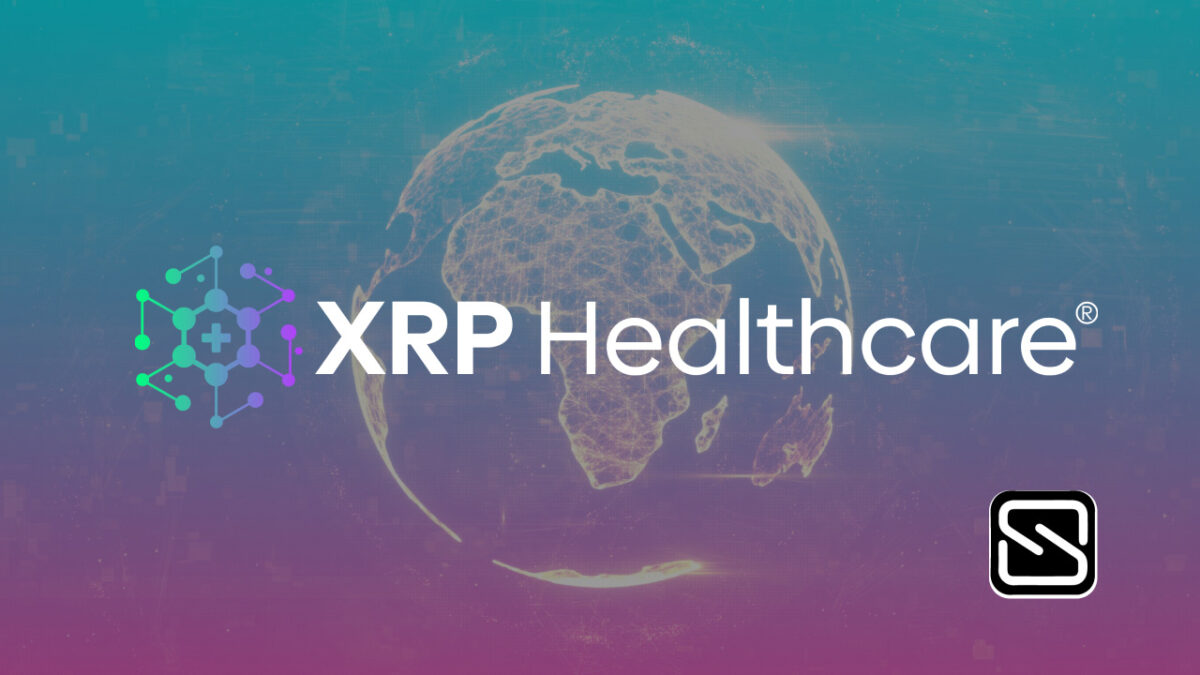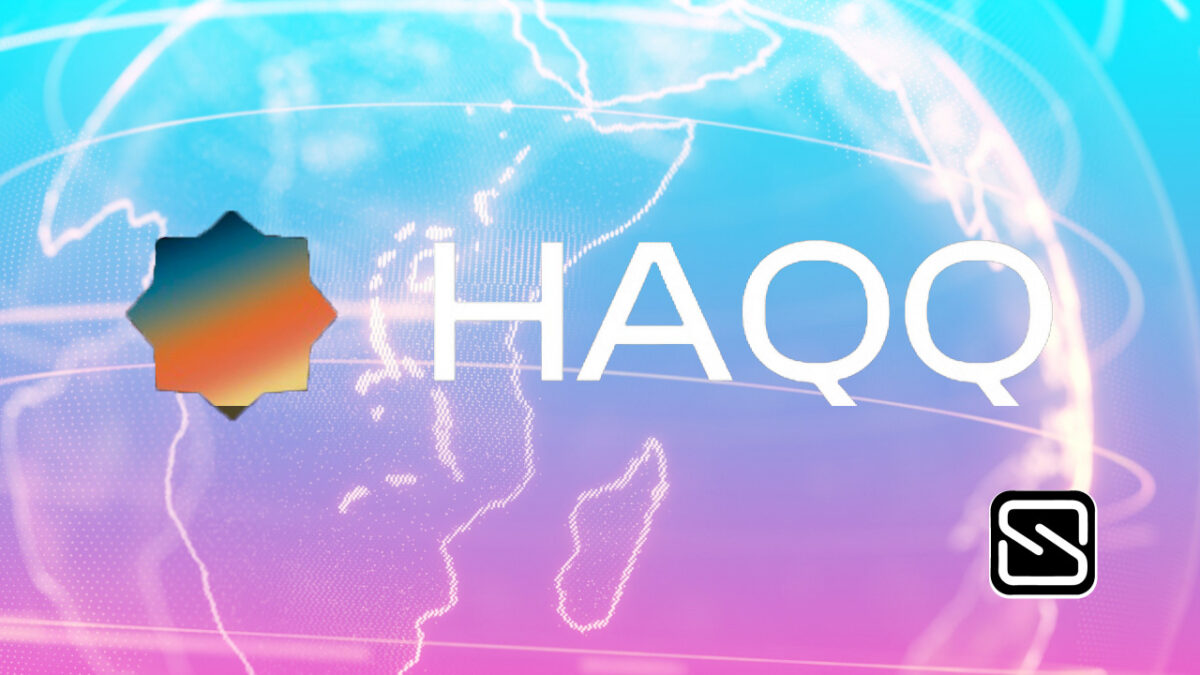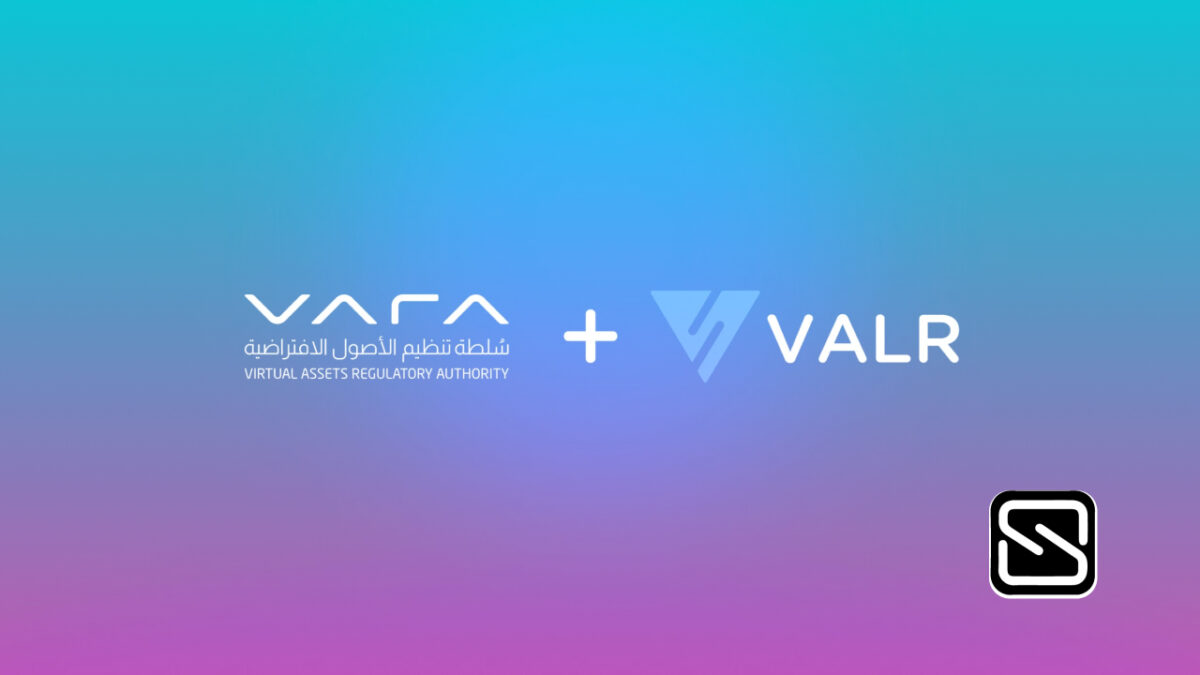Emurgo Africa, the Cardano blockchain-backed entity, has unveiled a groundbreaking report showcasing the remarkable state of Web3 and blockchain technology across the African continent. The report’s key revelation is nothing short of astonishing: blockchain funding in Africa skyrocketed by an unprecedented 1,668% between 2021 and 2022, underscoring Africa’s position as the world’s fastest adopter of blockchain technology.
Emurgo Africa’s latest report underscores the widespread belief among stakeholders that blockchain technology offers a multitude of opportunities for Africa. This revolutionary technology, characterized by its transparency and decentralization, is proving instrumental in addressing challenges such as international remittance, financial inclusion, and land registration, among others.
The report, titled “The State of Web 3.0 in Africa: Kenya, Nigeria, and South Africa,” delves into the blockchain landscape in these three pivotal markets. These countries were chosen due to their significant uptake of Web3 technologies and the ongoing dialogues among stakeholders concerning policy development and digital currency regulation.
The African crypto market experienced an extraordinary growth rate of over 1200% between 2020 and 2021, propelling Kenya, Nigeria, South Africa, and Tanzania into the global top 20 for crypto adoption. This phenomenal growth cements Africa’s status as the world’s fastest adopter of blockchain technology, according to the report. Remarkably, funding for African blockchain startups surged by an astounding 1,668% between 2021 and 2022, soaring from $5.165 million in 2021 to a staggering $91 million in 2022. Notably, venture funding growth outpaced general funding growth by an impressive factor of 11 during this period.
However, the report also highlights the pressing issue of regulation. As digital assets gain popularity across the continent, there is an urgent need for a meeting point between stakeholders and regulators. Approximately 20% of Sub-Saharan African countries have banned crypto-assets, while others like Nigeria, South Africa, and Kenya are grappling with regulatory ambiguity. For instance, in Nigeria, the Central Bank of Nigeria’s ban on crypto transactions in the banking system, implemented in February 2021, remains in effect. Meanwhile, efforts are underway to develop an adoption framework for blockchain technology, emphasizing the need for collaboration between regulatory bodies and influential blockchain organizations like the Stakeholders in Blockchain Technology Association of Nigeria (SiBAN).
In summary, while blockchain and crypto assets are still emerging technologies, the need for robust regulatory frameworks has never been more crucial. As Africa marches toward mainstream adoption, potential applications abound, including SME financing, supply chain management, smart contracts for informal labor markets, governance, digitizing trade infrastructure, title deed registration, verification of education credentials, and mobility solutions. The future of blockchain technology in Africa is undeniably bright, marked by unprecedented growth and transformative potential.









